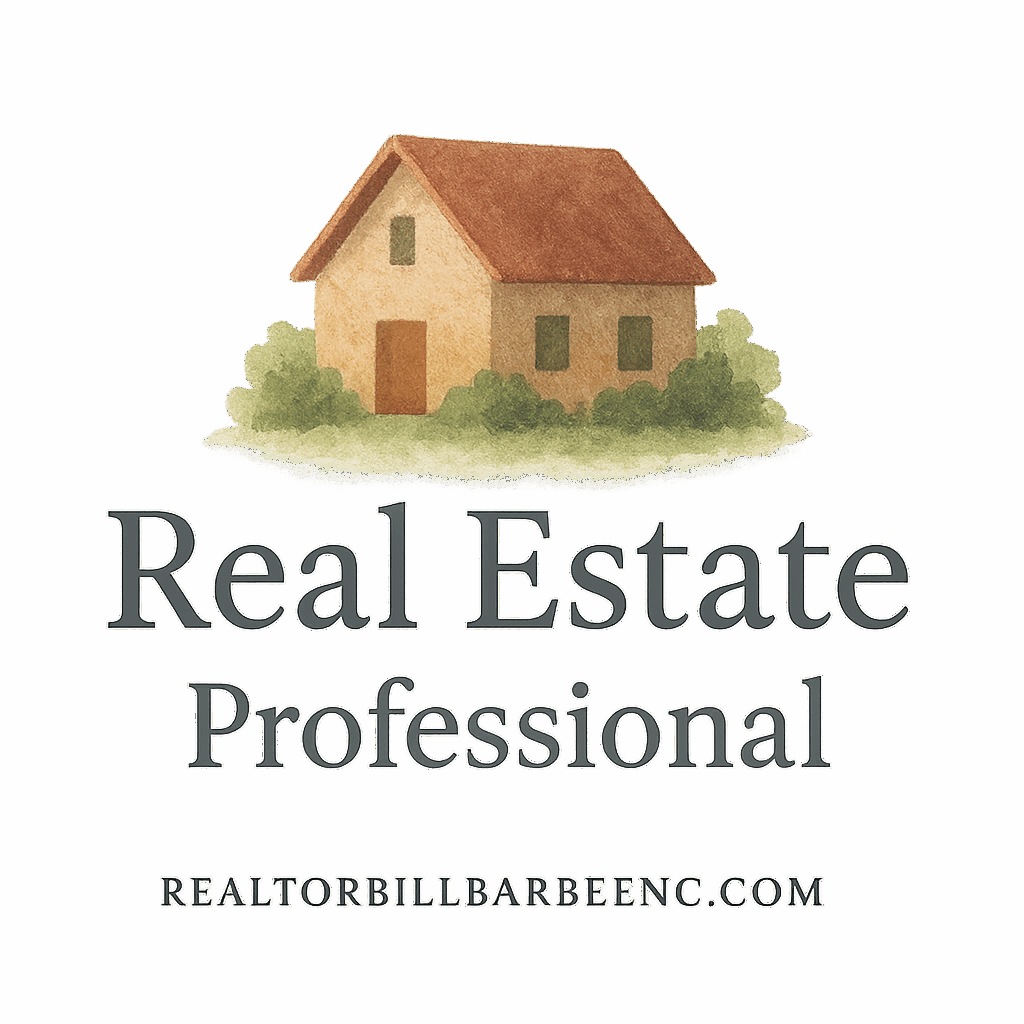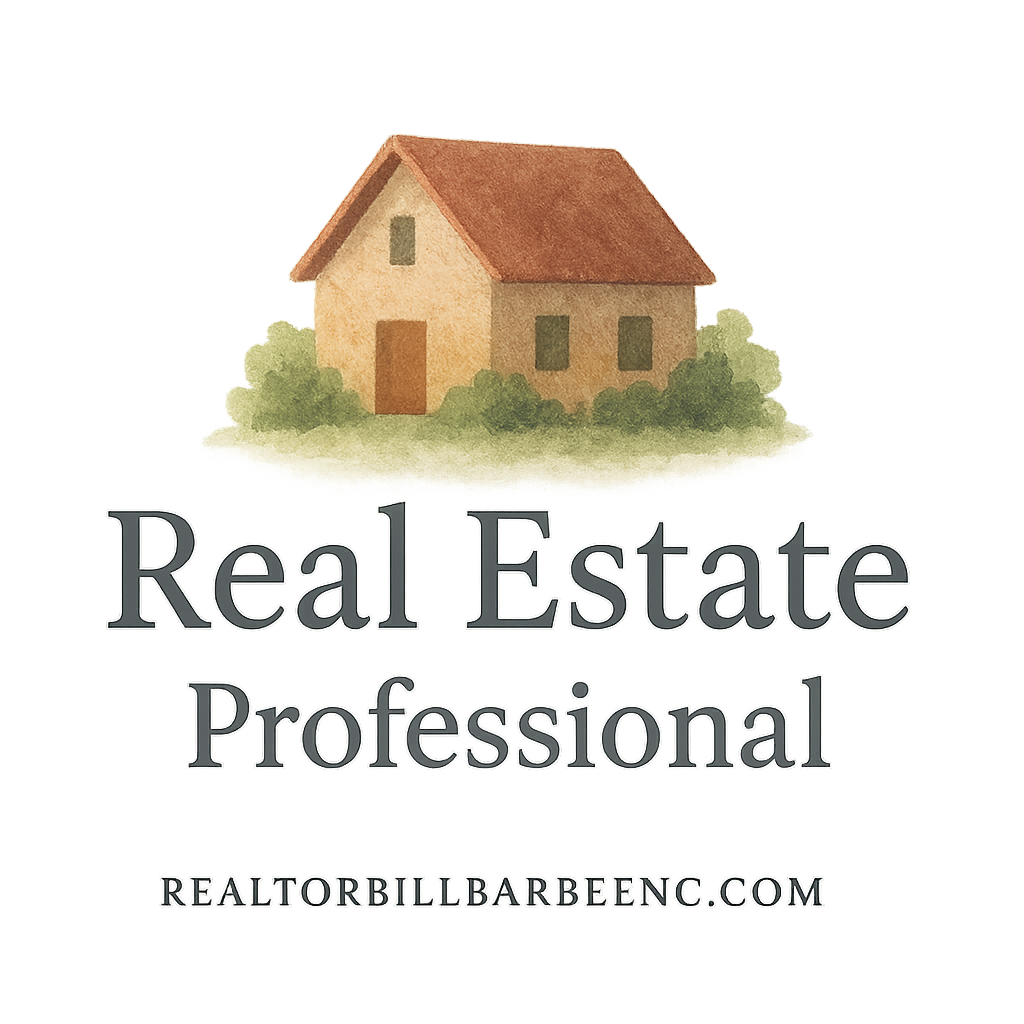Selling your house in North Carolina? You want to sell smart—and fast. This guide lays out 10 real estate tips for selling your North Carolina home faster, packed with actionable insights to help you stand out, avoid common pitfalls, and close quickly. Ready to dive in?
1. Understand the NC Real Estate Market
• Know Your Timing
North Carolina’s market fluctuates—spring and early summer typically attract eager buyers. But some regions like Asheville see year-round interest. Track local trends to pinpoint when selling your North Carolina home faster makes sense.
• Leverage Market Insights
Don’t guess—use data. Visit real‑estate‑market‑insights to get up-to-date stats on pricing trends, days-on-market, and housing inventory. These numbers shape your selling strategy.
2. Price Your Home Competitively
• Comparative Market Analysis
A CMA (comparative market analysis) isn’t fluff—it’s your pricing blueprint. Compare similar recent North Carolina sales in size, age, and neighborhood. Price just below the highest comps to pique interest early.
• Avoid Overpricing Mistakes
Homes priced too high gather dust. Overpricing sabotages your goal of selling your North Carolina home faster by deterring buyers and increasing time on market. Don’t fall for sticker shock—trust the comps.
3. Boost Curb Appeal & First Impressions
• Landscaping Tips
Your yard sets the tone. Mow, trim hedges, add potted plants, and clean the walkway. It only takes minutes, but boosts perceived value and helps you sell faster.
• Entrance Upgrades
A fresh coat of paint on the front door, new hardware, and clean windows can work wonders—like rolling out a red carpet for prospective buyers.

4. Stage Your Home Smartly
• Declutter & Depersonalize
Buyers want to envision their life, not yours. Clear family photos, knick-knacks, and excessive furniture. A staged, minimalist space looks larger and more appealing.
• Renting vs. DIY Staging
Professionals bring in quality furnishings and style. But if your budget’s tight, DIY staging—neutral tones, tidy spaces, and mild landscaping—can do the trick.
5. Use Professional Photography & Videos
• High-Quality Photos Matter
Most buyers start online. Blurry or dim photos send them packing. Hire a photographer—bright, well-composed shots make your listing pop and help sell your North Carolina home faster.
• Virtual Tours & Drone Footage
Take it further with a 3D walkthrough or drone shots for large lots or scenic views. Beautiful aerials sell lifestyle, not just walls.
6. Write an Engaging Listing Description
• Keyword-Rich, Conversational Tone
Use your focus phrase—selling your North Carolina home faster—naturally in the description. Add relevant words like “Southern charm,” “proximity to Raleigh,” or “Cape Fear schools.”
• Highlight Unique NC Features
Do you have a Carolina room, wraparound porch, or energy-efficient HVAC? Spotlight what makes your home special in the Carolinas—the more distinct, the more memorable.
7. Leverage Online Marketing Channels
• Social Media & Paid Ads
Get your listing in front of buyers. Boost posts on Facebook or Instagram, target local demographics, or partner with your agent for a wider reach.
• Video Marketing Strategies
Engaging videos build trust. Walk through your home on camera, share neighborhood highlights, or highlight events like open houses on platforms like TikTok or YouTube. (Read more on video‑marketing strategies.)
8. Host Effective Open Houses & Virtual Tours
• Tips for On-Site Events
Stage the space, bake cookies, add fresh flowers, and create a welcoming vibe. Provide handouts with listing details and neighborhood amenities. Open houses can create urgency and multiple offers.
• Virtual Open House Prep
Keep it clean, well-lit, and livestream at peak times. Encourage interaction—answer questions live to connect emotionally with remote buyers.
9. Work with Expert Local Agents
• Choosing the Right Agent
Look for an agent who’s sold homes in your neighborhood and has excellent reviews. Ask about their track record with quick sales and how they market.
• Use Agent Resources
A skilled agent brings more than listings—they connect you with agent‑resources, professional staging, local marketing, and negotiation know-how.
10. Negotiate and Close Quickly
• Smart Concessions & Counteroffers
Offer small concessions like covering appraisal gaps or offering faster closing if the price is right. Stay flexible and responsive—buyers value speed and clarity.
• Smooth Closing Process
Have all documentation ready: HOA info, warranties, maintenance records. The faster the appraisal and inspections, the quicker the closing—and that helps buyers feel confident and keeps momentum.
Conclusion
Selling your home fast in North Carolina doesn’t happen by accident. By understanding your market, pricing intelligently, boosting curb appeal, leveraging staging and visuals, and working with smart agents, you position yourself to sell your North Carolina home faster—and for more. Combine these tactics with a dash of Southern charm and you’re set for a smooth, speedy sale.
Frequently Asked Questions
1. What’s the best time to list my home in NC?
Spring—April to June—is peak season in North Carolina. Listing then increases exposure and speeds up your sale.
2. How much does staging cost?
DIY staging might cost under $500. Pro staging ranges from $1,500–$4,000, depending on size and market. You’ll often recoup it through faster offers.
3. Are virtual tours worth it?
Absolutely. They attract remote buyers and pre-qualify visits. Homes with virtual tours often sell faster.
4. Should I handle negotiations myself?
Unless you’re experienced, no. An agent brings objectivity, market knowledge, and negotiation strategy that helps you close faster and smarter.
5. What are typical closing timelines in NC?
Closing usually takes 30–45 days after offer acceptance, depending on loan type and inspection timing.
6. How do I choose listing photos?
Highlight key areas like living space, kitchen, master bedroom, back deck, and yard. Light and clean shots are best.
7. Can I sell as-is to move faster?
Yes—but expect offers lower than market value. Investigate minor improvements first—they can increase your net gain more than cost.


